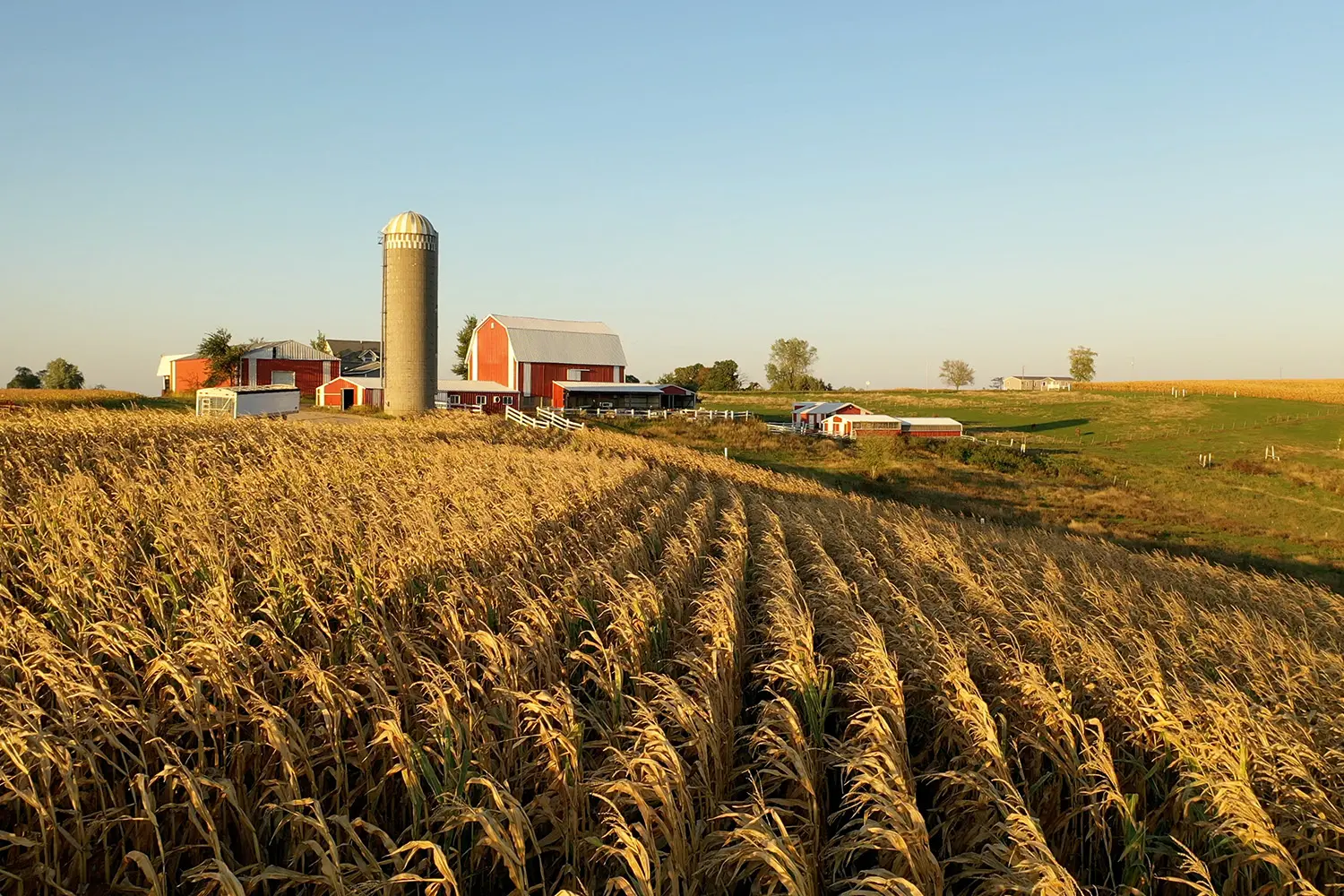When we think about what goes on our plates, we often forget how much our food system depends on public support, especially for small farms. But recent budget cuts implemented by the Trump administration and Elon Musk’s Department of Government Efficiency (DOGE) have significantly impacted U.S. agriculture.
These cuts are a
false solution to government spending. Instead of making our food system stronger, they’re weakening it at every level. Here’s how:
1. Family Farms Are Getting Crushed
Smaller, family-owned farms often rely on government programs that help them grow food sustainably and sell to local schools, food banks, and communities. For example, the USDA’s Local Food for Schools program and Food Purchase Assistance Cooperative Agreements were recently canceled. That means fewer opportunities for small farms to survive – and more risk of big corporations buying them out. (
CBS News)
This push for consolidation is a
false solution because it prioritizes profits over people and food security. (
FoodPrint)
2. Food Prices Are Going Up
With less local food being grown and distributed, we become more reliant on far-away, large-scale industrial farms. That means longer supply chains, higher shipping costs, and more middlemen. All of that adds up to higher prices at the grocery store for everyone. (
Wired) Budget cuts that lead to this outcome are not just unhelpful – they’re actively making the problem worse.
3. Regenerative Farming Is Being Sidelined
Many family farms are leaders in
regenerative agriculture, a
better solution for our planet. These farmers plant cover crops, rotate fields, reduce tilling, and use compost instead of chemicals. All these techniques build healthier soil, reduce water waste, and protect the environment. (
NRDC)
But without government support, many of these practices become financially impossible. Meanwhile, big agribusiness keeps using fertilizers and pesticides, polluting our rivers and drinking water. Cutting funds to regenerative programs is a
false solution that slows climate progress and harms future generations.
4. More Pesticides, More Problems
As big corporate farms expand and small farms disappear, our food system becomes more dependent on chemicals. Industrial farms often prioritize volume over sustainability, using pesticides and fertilizers that damage ecosystems and public health. (
The Guardian)
This isn’t just bad for the planet—it’s bad for us, too. Pesticide runoff ends up in our water, and residues linger in our food. (
EEA) Supporting these farming methods through cuts to sustainable programs is a clear example of choosing
false solutions over
good solutions.
5. The Environment and Our Health Take a Hit
Farming should work with nature, not against it. Regenerative agriculture helps clean the air and water, stores carbon in the soil, and supports biodiversity. Industrial farming does the opposite.
By taking away funds from sustainable agriculture, the Trump-Musk budget is actively undermining
better solutions that could protect our environment and our health.
We Need Real Solutions
Instead of weakening small farms and promoting harmful practices, we need to invest in the future. That means:
- Supporting family farms
- Funding regenerative agriculture
- Strengthening local food networks
- Reducing reliance on pesticides
Slashing budgets for programs that do this is a
false solution that benefits corporations, not communities.
Let’s call it what it is. And let’s demand
good solutions that nourish people and the planet.
03/21/2025 – This article has been written by the FalseSolutions.Org team 